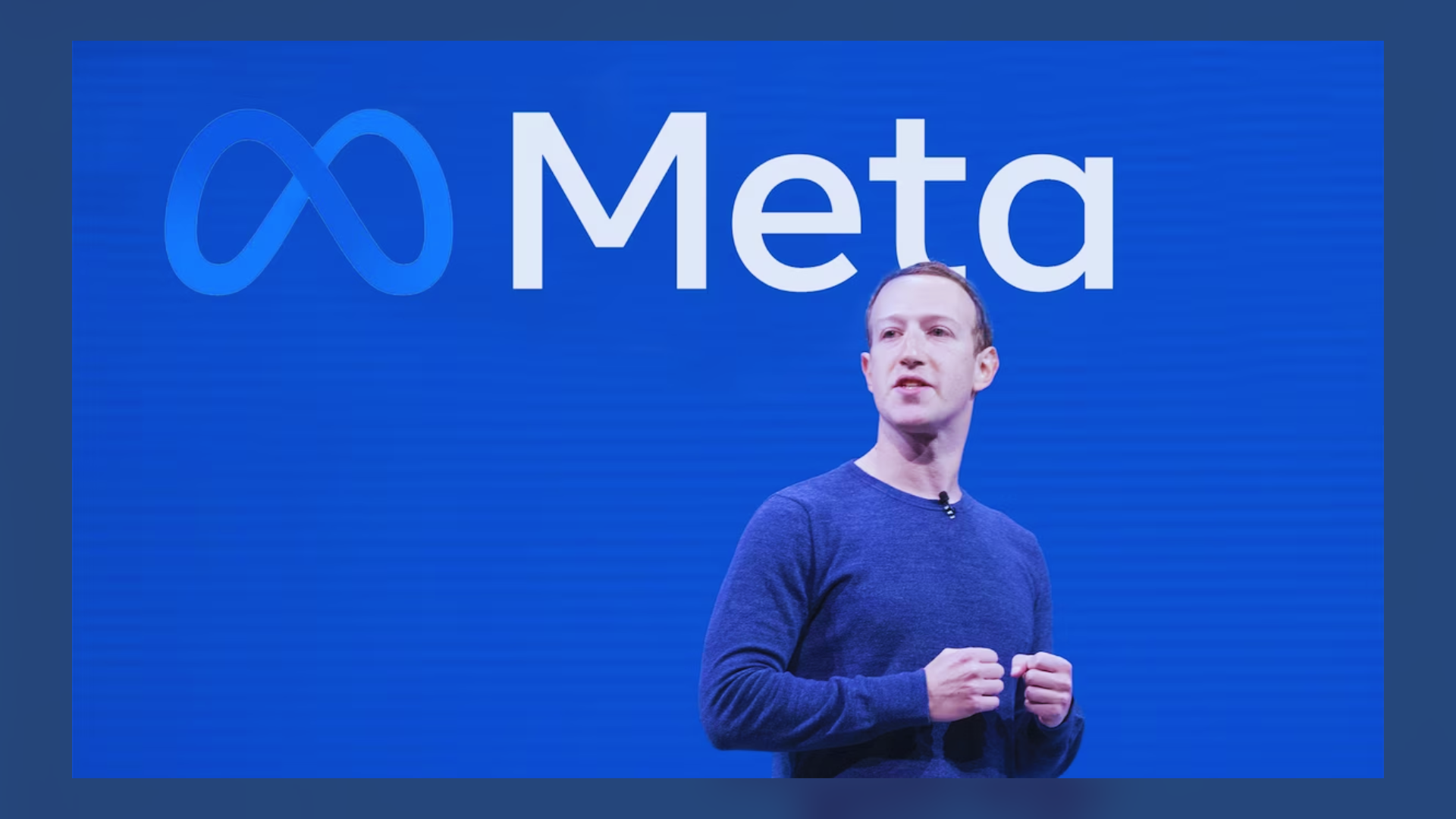Meta, the parent company of Facebook, Instagram, and Threads, has recently announced a series of sweeping changes to its content moderation policies that will significantly impact how users can engage with its platforms. These updates, which include a loosening of restrictions on topics like immigration, gender identity, and sexual orientation, have sparked widespread debate about their potential consequences for online discourse and the rise of hate speech.
One of the most significant changes comes with Meta’s decision to end its partnerships with independent fact-checking organizations in the United States. Instead, the company will now rely on user-generated “community notes” to provide context for posts. While this shift aims to give users more freedom in expressing their views, it has also raised concerns about the spread of misinformation and viral false claims without professional oversight.
Additionally, Meta has revamped its “Hateful Conduct” policy, which has historically prohibited content that targets individuals based on their race, gender identity, or sexual orientation. In a dramatic reversal, Meta now allows users to accuse transgender or gay individuals of being mentally ill due to their gender expression or sexual orientation. The platform has also removed prohibitions against certain types of harmful language, such as claims linking people with protected characteristics to the spread of coronavirus, and now permits content advocating for gender-based limitations in military, law enforcement, and teaching roles.
This update, while enabling more political and ideological expression, raises concerns about the potential rise in harmful speech and hate rhetoric. Some worry that the policy changes could embolden individuals to share discriminatory or even harmful content under the guise of political debate. While Meta still bans hate speech that could incite imminent violence or harm, critics argue that the changes could normalize harmful rhetoric and make platforms like Facebook, Instagram, and Threads more hostile environments for vulnerable communities.
Meta’s update to its “Hateful Conduct” policy also removed language that previously noted how hateful speech could promote offline violence, particularly against religious minorities, as seen in previous instances of online hate speech inciting violence in Myanmar. While the platform still maintains restrictions on more extreme forms of hate, such as Holocaust denial or comparing Black people to “farm equipment,” it has opened the door to more controversial speech, particularly on issues related to gender and immigration.
Despite these controversies, Meta insists that it will continue to protect certain groups, such as immigrants, racial minorities, and individuals with disabilities, from the most severe forms of hate speech. For instance, the platform still prohibits comparing immigrants or people from protected characteristics to animals or insects.
The changes come at a time when Meta is facing increasing scrutiny over its content moderation practices, especially as the company seeks to strike a balance between free speech and protecting users from harmful content. As the policy updates roll out, it remains to be seen how they will affect the online discourse, particularly as Meta moves closer to aligning with political interests in the United States under CEO Mark Zuckerberg’s leadership.
ALSO READ: Meta’s New Guidelines Allows Calling Women ‘Household Objects’ On Facebook


















